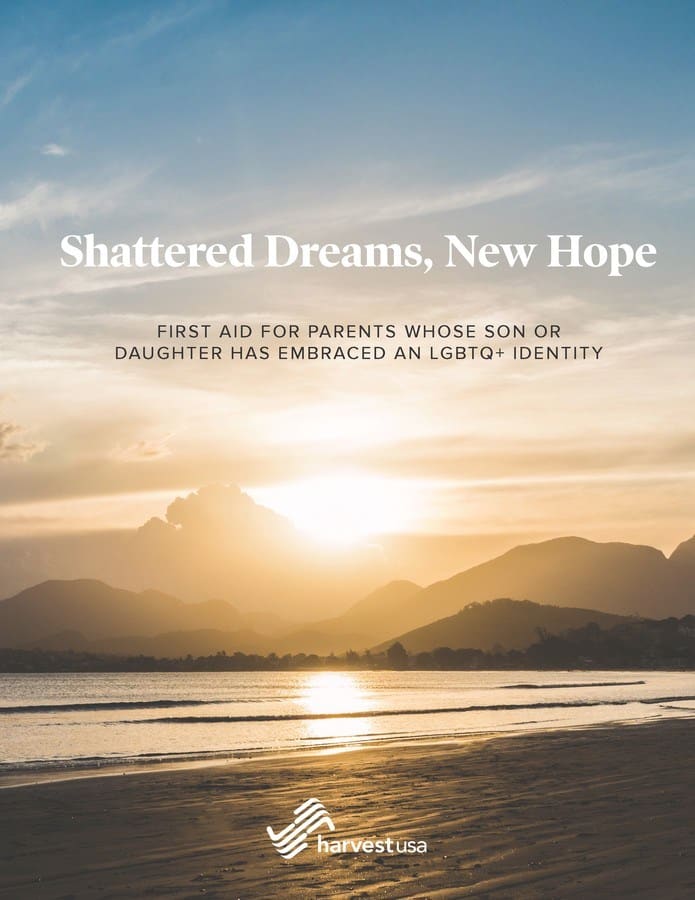
gender


Transgenderism
Help & Resources For Transgenderism Ministering and providing hope for those wrestling with gender struggles need help today? Ever since the fall of Adam and Eve, humanity has struggled to live out our callings as male and female image bearers of God. Shame about their bodies was the first thing Adam and Eve experienced after…




